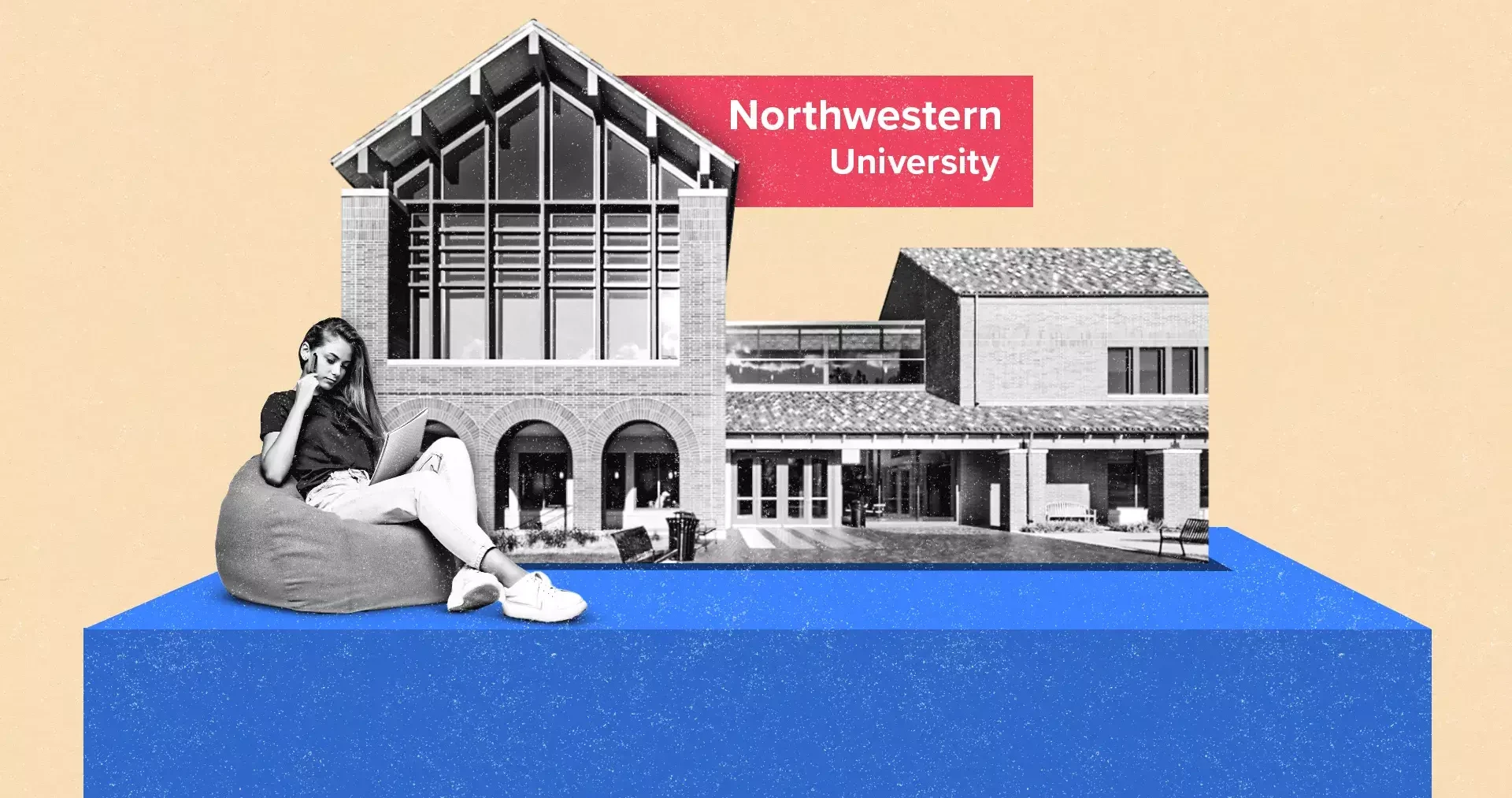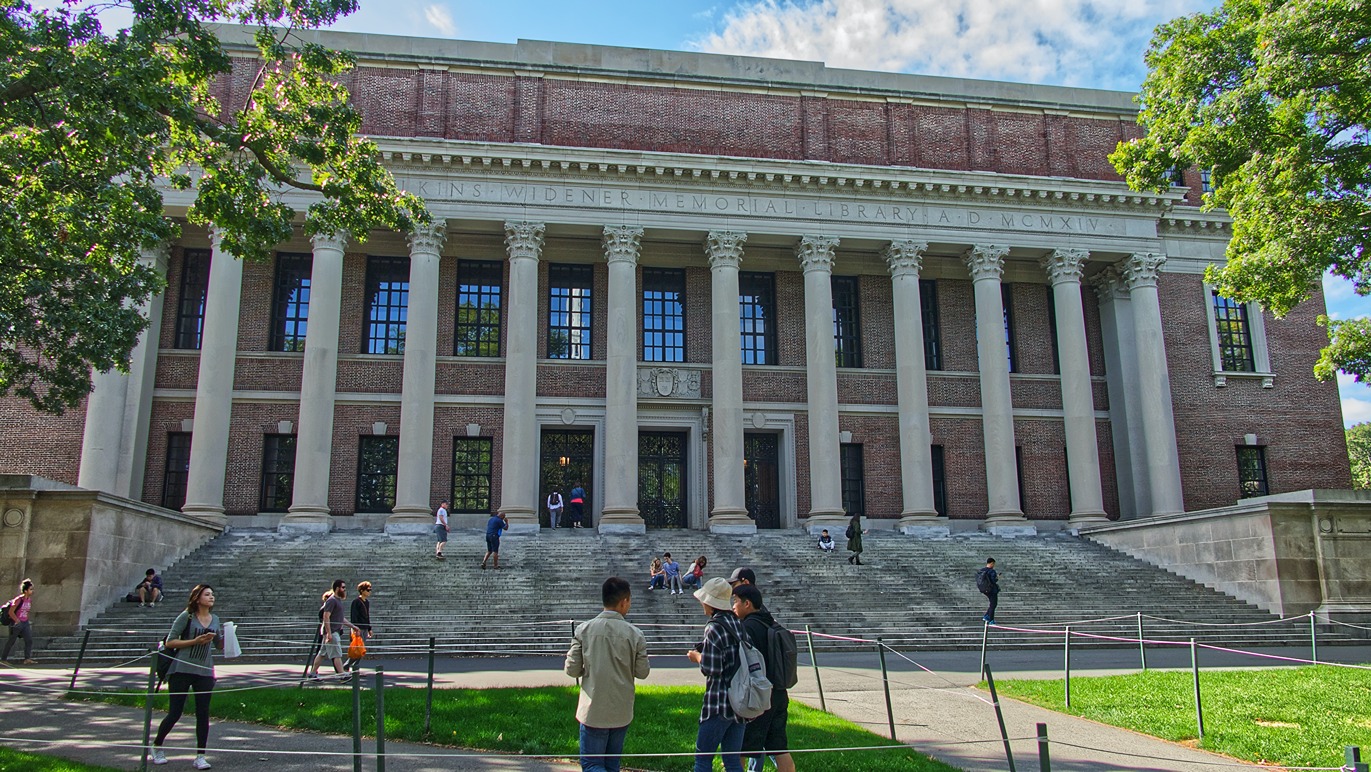Embarking on your university journey involves not only academic pursuits but also finding the ideal living space. University managed accommodation offers diverse options tailored to students’ needs. From traditional halls of residence fostering community spirit to modern student housing, these residences are designed for comfort and convenience.
Here is an ultimate guide that explores the spectrum of university managed accommodation, delving into the various types that cater to the unique preferences and requirements of students. Whether you’re seeking the camaraderie of shared living in halls or the independence of modern student housing, this guide unveils the diversity within university managed accommodation, ensuring you make an informed choice for your university life.
Types of University Managed Accommodation
From the vibrant camaraderie of halls of residence to the more independent lifestyle of apartments, each option under the umbrella of university managed accommodation offers distinct advantages.
As we delve into the various types of university managed accommodation, the intricacies of each dwelling become apparent, highlighting the thoughtful design and planning that goes into creating a conducive environment for students.
1. Halls of Residence
Halls of Residence, often referred to as dormitories, serve as integral components of student housing, specifically designed for first-year students. These residence halls, situated on or near the campus, transform into a second home, cultivating a distinctive atmosphere conducive to both academic and social development.
What to Expect?
- Room Types: Within these accommodations, students can choose from a spectrum of room types, ranging from cosy single rooms to shared apartments, allowing for flexibility in accommodation preferences.
- Amenities: Furnished with the essentials—beds, desks, and storage space—these accommodations often extend beyond the basics, providing shared or private kitchen and bathroom facilities to meet diverse needs.
- Support Services: Universities recognize the significance of a conducive living environment. Thus, support services, including maintenance, security, and, at times, academic assistance, are seamlessly integrated into these accommodation experiences.
- Social Opportunities: This accommodation is a great place for social opportunities. Students are not only provided with living spaces but also opportunities for social interaction and participation in communal activities, enhancing the overall university experience.
Pros:
- Safety and Security: Monitored and equipped with stringent security measures, these accommodations prioritise the safety and well-being of students.
- Convenience: Positioned within or in close proximity to the campus, these accommodations offer unparalleled convenience, ensuring swift access to classes, libraries, and other university facilities.
Cons:
- Limited Choice: Given their popularity, securing a spot in these accommodations may mean not landing your first-choice housing.
- Living with Strangers: Embracing a communal lifestyle implies cohabiting with individuals you may not know initially, presenting a potential challenge for those unaccustomed to shared living.
- Shared Facilities: Depending on the specific type of accommodation, students may find themselves sharing facilities like kitchens and bathrooms, compromising on privacy.
- Limited Availability: The coveted spaces in these accommodations are finite, and securing a spot often hinges on factors such as timing and availability.
2. Shared Houses
University managed accommodations now include popular shared houses, providing students with alternatives to conventional halls of residence. These spaces are typically fully furnished and provide diverse living options, accommodating both single and shared bedrooms. Tailored for second and third-year students, these accommodations cater to individuals desiring a more autonomous living experience within the university setting.
What to Expect?
- Room Types: University managed shared houses boast an array of layouts encompassing three to twelve bedrooms, communal kitchens, and shared bathrooms.
- Amenities: Positioned strategically, these accommodations often reside near university campuses and a spectrum of amenities, including shops, bars, restaurants, museums, and galleries.
Pros
- Independence: Shared houses offer a more independent lifestyle than traditional halls of residence, empowering students to control their living environment.
- Standards: Managed in accordance with the Universities UK Code of Practice, these accommodations adhere to high standards of safety and comfort.
- Choice of Companions: Students can actively choose their housemates, enabling greater control over their living dynamics.
- Diverse Options: Shared houses provide a spectrum of choices, from flats and houses to studio apartments, allowing students to tailor their accommodation to their preferences.
Cons
- Shared Facilities: Kitchens and bathrooms are typically communal, which may pose challenges for those who prioritise personal space.
- Cost Variances: The size of the room often influences the cost, potentially presenting budget concerns for some students.
- Limited Privacy: Living in shared spaces might entail diminished privacy compared to individual living arrangements or studio apartments.
- Social Challenges: Building connections may be more challenging compared to halls of residence, where social interactions occur more naturally.
- Responsibilities: Managing bills and direct liaison with landlords are additional responsibilities that come with the autonomy of shared houses.
3. Private Sector Halls
Private Sector Halls, a unique subset of university- managed accommodation, are managed by private owners, distinct from specific institutions. Situated in central city locations, these accommodations provide convenient access to various amenities. In contrast to halls of residence, private halls, frequently affiliated with a UK-wide chain, mirror the structure of traditional halls of residence.
What to Expect?
- Room Types: Accommodations vary from single rooms to shared houses. The allure of private sector halls extends beyond the conventional university managed residences, offering a spectrum of services and amenities.
- Amenities: Students benefit from additional facilities, including individual rooms, while sharing communal spaces like kitchens, lounges, laundry rooms, gyms, TVs, pool tables, and even on-site bars and cafes, fostering a vibrant community life.
Pros:
- Location: Situated in prime city-centre locations, offering convenience and eliminating the need for extensive travel.
- Diversity: Residents often share spaces with students from various institutions, promoting a diverse and dynamic living environment.
- Facilities: Private halls boast additional amenities like gyms, common rooms, and recreational spaces, enhancing the overall student experience.
- Modern Amenities: Equipped with modern facilities and luxurious perks, providing a comfortable and contemporary living experience.
Cons:
- Cost: Private halls, driven by profit motives, may entail higher costs compared to halls of residence.
- Travel: Locations farther from university campuses might necessitate additional travel, impacting convenience.
- Community Dynamics: While private halls offer superior facilities, the communal aspect differs from university managed residences, hosting a mix of undergraduates, postgraduates, and international students from various universities.
We often think of student accommodation as basic, but is luxury housing worth the price? Here is a complete guide on luxury student accommodation for you to discover the perks, amenities, and whether the elevated cost aligns with the enhanced living experience.
4. Purpose-Built Student Accommodation (PBSA)
PBSA, short for Purpose-Built Student Accommodation, represents a revolutionary shift in housing designed specifically for university students. Unlike traditional choices such as halls of residence or shared houses, PBSA stands out as a unique property asset category introduced by private developers and investors.
What to Expect?
- Layout: The layout of PBSA is a testament to thoughtful design, offering studio apartments or cluster apartments with shared living spaces and kitchens. These purpose-built accommodations are not only constructed with precision but also managed to deliver a superior living experience.
- Services: The facilities provided go beyond the ordinary, including robust Wi-Fi, communal working spaces, building management, security, gymnasiums, event hubs, recreational facilities, laundry amenities, and dedicated study and meeting rooms.
Pros:
- High-Quality Living Experience: PBSA is meticulously designed to offer a premium living experience to students, aligning with contemporary lifestyle expectations.
- Modern Amenities: The inclusion of modern amenities such as strong Wi-Fi, communal spaces, and recreational facilities enhances the overall student experience.
- Convenience: PBSA often includes bills and Wi-Fi in the package, streamlining the living process and providing convenience to residents.
- High Demand: Recognized as the most robust student property sector, PBSA experiences consistent demand from both domestic and international students.
Cons:
- Cost: While offering an unparalleled experience, PBSA tends to be pricier than traditional housing options, posing a financial consideration for prospective students.
- Market Fluctuation: The PBSA market is susceptible to fluctuations driven by the delicate balance of supply and demand.
- Less Personal Space: With a layout often centred around shared spaces, PBSA might provide less personal space compared to alternative housing options, a consideration for those valuing privacy.
If you are looking for detailed information, the university managed accommodation: what to expect and how to apply? is a perfect place for you. Unlock insights into the application process and discover what awaits you in these fully-furnished, student-friendly residences.
Thus, university managed accommodation caters to diverse student needs, providing a range of options such as halls of residence and student housing. These offerings ensure a comprehensive living experience for students, fostering a supportive environment conducive to academic success. Whether it’s the vibrant community in halls of residence or the convenience of dedicated student housing, these accommodations play a pivotal role in shaping a student’s journey. With a focus on creating inclusive and comfortable spaces, these facilities exemplify the commitment universities have towards enhancing the overall well-being of their students. You can also explore myxpub for unparalleled housing. Offering fully-furnished, top-notch facilities, amber ensures a comfortable living experience with its premium accommodations.





